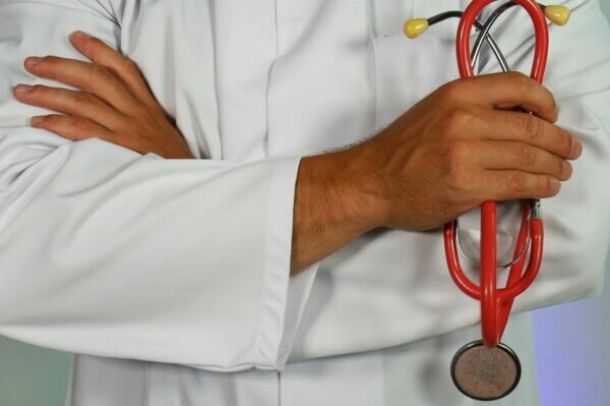Individualized Prognosis in MS – clinical cases
24 April 2021, Expert meeting. : How is an MS patient’s disease likely to progress over time? Will the patient be stable on a first-line therapy, or will the disease progress quickly if not treated aggressively? Professors Bart Van Wijmeersch and Celia Oreja-Guevara share with you their wealth of experience concerning patient prognosis.
ABSTRACT
One of the biggest challenges for the neurologist treating an MS patient is to gain insight into how that patient’s disease will progress over time. Will the patient be stable on a first-line therapy, or will the disease progress quickly if not treated aggressively? In other words, what is this patient’s prognosis?
In this ParadigMS presentation, Professors Bart Van Wijmeersch and Celia Oreja-Guevara share with you their wealth of experience concerning patient prognosis. By looking carefully at clinical and imaging parameters as well as employing electrophysiological techniques and biomarkers at baseline and during treatment, the information in this presentation will help you to identify prognostic ‘red flags’ commonly seen in MS patients. When all of these factors are brought together under the umbrella of one ‘prognostication tool’, neurologists will have a powerful way to provide a personalised treatment strategy for their MS patients.
CELIA OREJA-GUEVARA
Professor Celia Oreja-Guevara is Vice Chair of Neurology and Head of Multiple Sclerosis Center at the University Hospital San Carlos, Madrid and Professor of Neurology at the University Complutense, Madrid, Spain.
After receiving her MD from the University Complutense, Madrid, Professor Oreja-Guevara completed a PhD in neuroimmunology at the Max-Planck-Institute for Neurobiology, University of Munich, Munich (Germany). She then went on to complete a residency in the Department of Neurology at the University of Bochum, Bochum (Germany) and a postdoctoral fellowship in neuroimaging at the University Hospital San Raffaele, Milan (Italy). She has also held posts at the University of Düsseldorf (Germany),Hospital de Fuenlabrada and at the University Hospital La Paz, both in Madrid.
Professor Oreja-Guevara’s research interests centre on clinical and neuroimaging correlations in MS and the use of optical coherence tomography. Neuromyelitis optica (NMO) is among her other therapy areas of interest, and Professor Oreja-Guevara is actively involved in the evaluation of new drugs for the treatment of MS and NMO. As an investigator, she has participated in a number of MS clinical trials and currently heads the Neuroimaging Group of the Spanish Neurological Society, and she is a member of the Scientific Committee of the European Academy of Neurology. Currently, Professor Oreja-Guevara is an expert for the Spanish Medicines Agency and for the Scientific Advisory Group on Neurology of the European Medicines Agency.
BART VAN WIJMEERSCH
Bart Van Wijmeersch is a neurologist specialized in Multiple Sclerosis. He is medical director of the Rehabilitation and MS Center in Pelt where he leads the multidisciplinary MS-team. Furthermore, he is an associate professor of Neurology at the University of Hasselt, affiliated with the Biomedical Institute, where he’s involved in pre-clinical as well as the clinical research on MS at the biomedical institute (BIOMED). He has a supporting role in all the immunological research on blood- and CSF samples of persons with MS and in EAE-animal models, as well as in the rehabilitation research at REVAL. Immunological, Biomarker, MRI, Electrophysiological and Rehabilitation research in MS come together in this way. He has an educational role in the faculty of medicine and physiotherapy.
He’s a member of the Belgian Study Group of Multiple Sclerosis, first President of ParadigMS and a member of advisory boards of different pharmaceutical companies with interest in Multiple Sclerosis.
As acknowledgment of his scientific work, he received an honorary award of the Flemish government in the summer of 2019.




